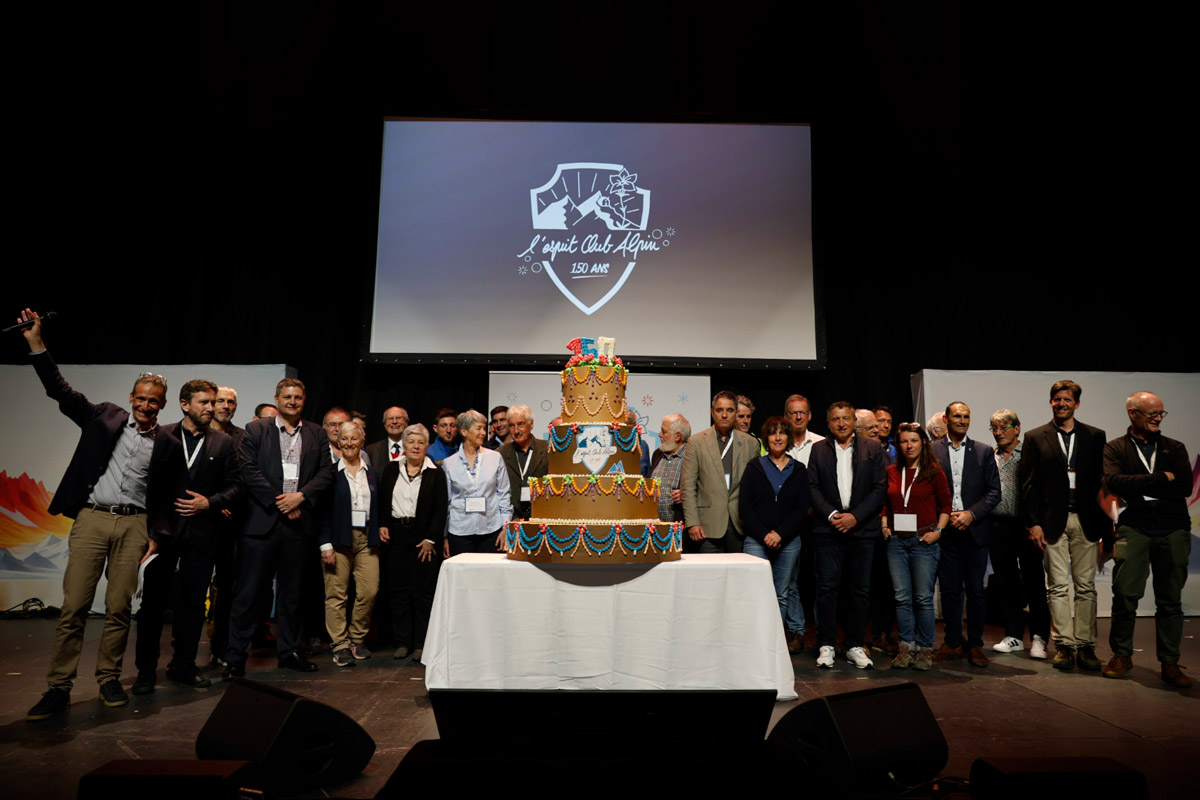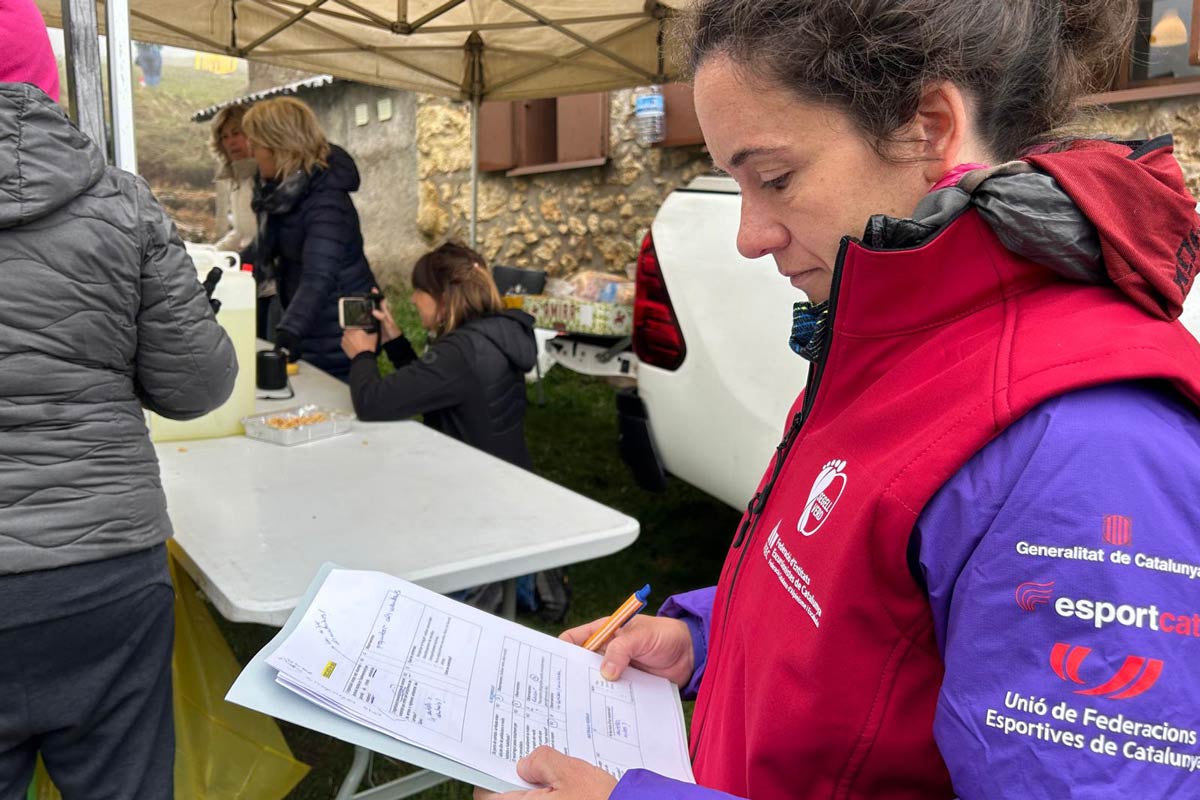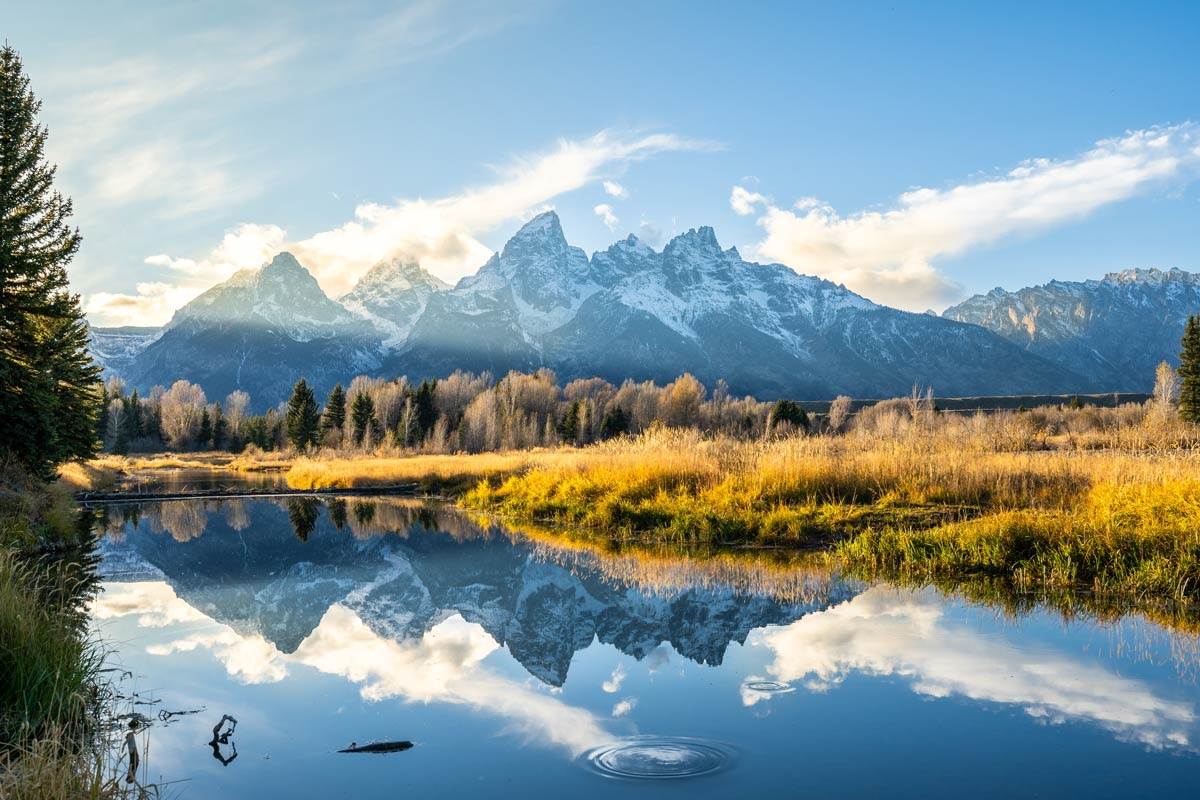In April, FFCAM (Fédération française des clubs alpins et de montagne (FFCAM), a founder member of the UIAA celebrated its 150th anniversary.
As a pivotal institution in the mountain sports community, FFCAM has played a crucial role in promoting alpinism, climbing, and environmental conservation throughout its 150-year history.
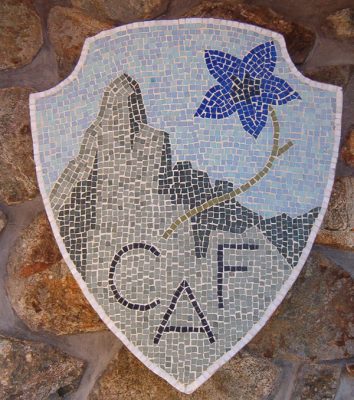 The 150-year celebrations were not just a commemorative event but a pivotal moment for this pre-eminent federation to engage with the mountaineering community, reflect on the past and look towards the future. A series of events were held in Chambery in the French Alps to celebrate the spirit of the alpine club, which remains vibrant and relevant, linking past, present, and future generations of mountaineers.
The 150-year celebrations were not just a commemorative event but a pivotal moment for this pre-eminent federation to engage with the mountaineering community, reflect on the past and look towards the future. A series of events were held in Chambery in the French Alps to celebrate the spirit of the alpine club, which remains vibrant and relevant, linking past, present, and future generations of mountaineers.
The UIAA was represented at the celebrations by its Executive Committee member and Treasurer, Françoise Jaquet. The UIAA presented FFCAM with a commemorative certificate and will honour the federation further at its General Assembly in November.
The UIAA tribute read:
“The UIAA recognises the pioneering role of FFCAM as an initiator and founding member of the UIAA, host of the founding assembly of the UIAA on 27 August 1932 in Chamonix, France, as well as for the remarkable achievements and fruitful contributions of the French Federation of Alpine and Mountain Clubs to the development of climbing and mountaineering in France and around the world. In true and sincere friendship and with gratitude and appreciation for FFCAM’s faithful membership in the UIAA since 1932.”
FFCAM has a long and close association with the UIAA. As well as the inaugural GA in Chamonix 1932, it has hosted four annual meetings of the federation as well playing an instrumental role in the delivery of a number of UIAA projects. This is true of the UIAA’s work in safety where FFCAM delegate Jean-Franck Charlet was a long-time member and President overseeing the development of a number of groundbreaking international safety standards. French delegates have also played a close role in the UIAA medical and youth commissions. The most recent delegate from FFCAM on the UIAA Executive Board was Hélène Denis. Today Jean Miczka, Vice President of FFCAM, sits on the UIAA Management Board. In recent years, FFCAM has supported Team France, one of the emerging forces in competition ice climbing with Louna Ladevant becoming the world champion in the men’s lead competition and consistent podium performances coming from a star team of athletes including Louna’s brother Tristan, Nathan Clair, Virgile Devin and Marion Salmon-Thomas.
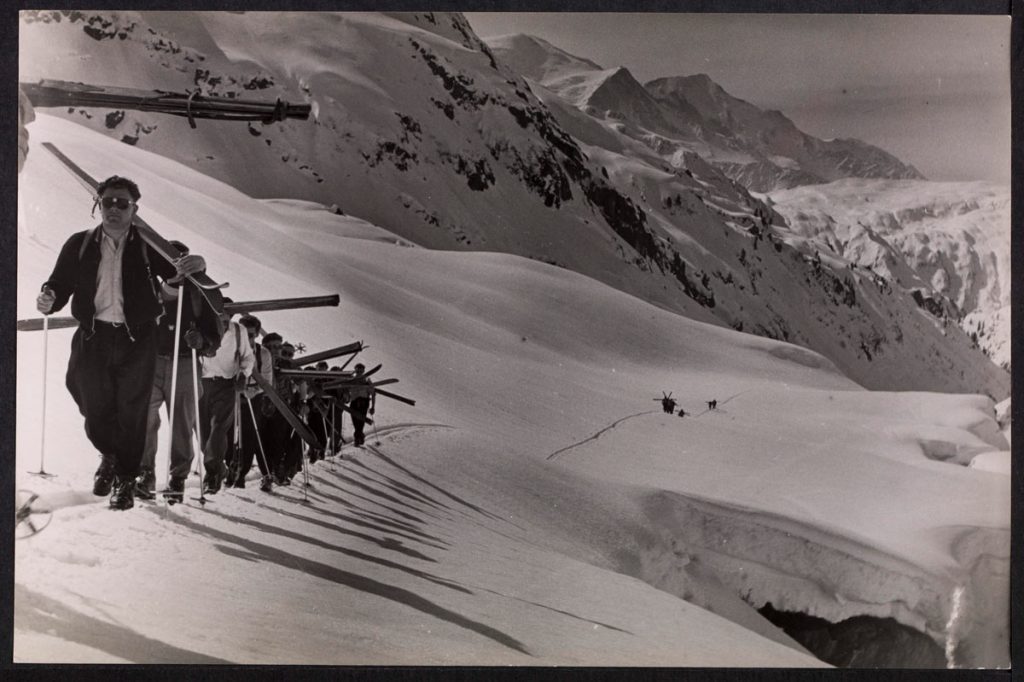
FFCAM, the federation’s name since 2004, was originally called Club Alpin Francais and its historical contributions include the pioneering introduction of women members, the only major club to do so since its foundation, and its role in developing mountain sports and alpine safety measures. From its early days, the club was instrumental in organising mountain rescue operations, creating guiding standards, and fostering a culture of safety and environmental stewardship.
Significant milestones in the FFCAM’s history are outlined in a dedicated timeline produced for the occasion. Achievements highlighted include its role as the technical organiser of the first ever Olympic Winter Games in Chamonix in 1924, its support for the first French expedition to the Himalaya in 1936, its instrumental role in the establishment of national parks and protected areas such as the Parc National de la Vanoise inaugurated in 1963. FFCAM has a long-standing commitment to preserving mountain environments while promoting access and education.
From its humble beginnings with 137 members, the FFCAM has grown significantly and gradually over its 150 years. Today it counts some 110,000 members from 432 different clubs and runs 120 mountain huts. In 2023, a total of 320,000 nights were spent in the huts. FFCAM is also supported by 9,200 volunteers.
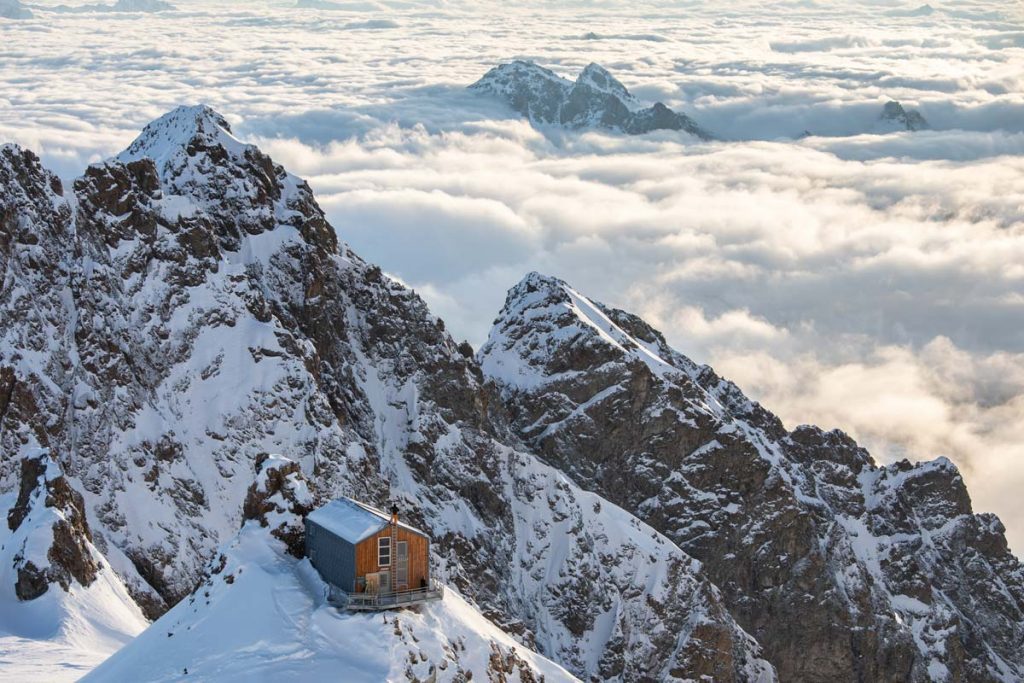
Recent initiatives from FFCAM include the strategic development plans “L’esprit Club Alpin Horizon 2020” and “Horizon 2024,” which focus on inclusivity, the renovation of mountain refuges, the integration of newer sports like ice climbing as well as projects focused around climate change mitigation and the protection of the environment. These initiatives reflect the FFCAM’s adaptive approach to the changing dynamics of mountain sports and community needs.
The FFCAM places a strong emphasis on education and youth engagement, developing programs that introduce young people to mountain sports and environmental ethics. These programmes are designed to ensure the sustainability of mountain sports and to cultivate a responsible future generation of mountaineers.
To mark its 150th anniversary, the FFCAM has released publications and multimedia content that document its rich history and contributions to mountain sports. This includes a special edition of its magazine La Montagne et Alpinisme.
The 150th anniversary of the FFCAM is an opportune moment to celebrate its historical achievements and also reaffirm its ongoing commitment to the growth of climbing and mountaineering both nationally and internationally.
FFCAM joins other major European federations like the Austrian Alpine Club/OeAV (in 2012), the German Alpine Club/DAV (in 2019), the Italian Alpine Club/CAI (in 2013) and the Swiss Alpine Club/SAC (also in 2013) in reaching its 150th anniversary.

